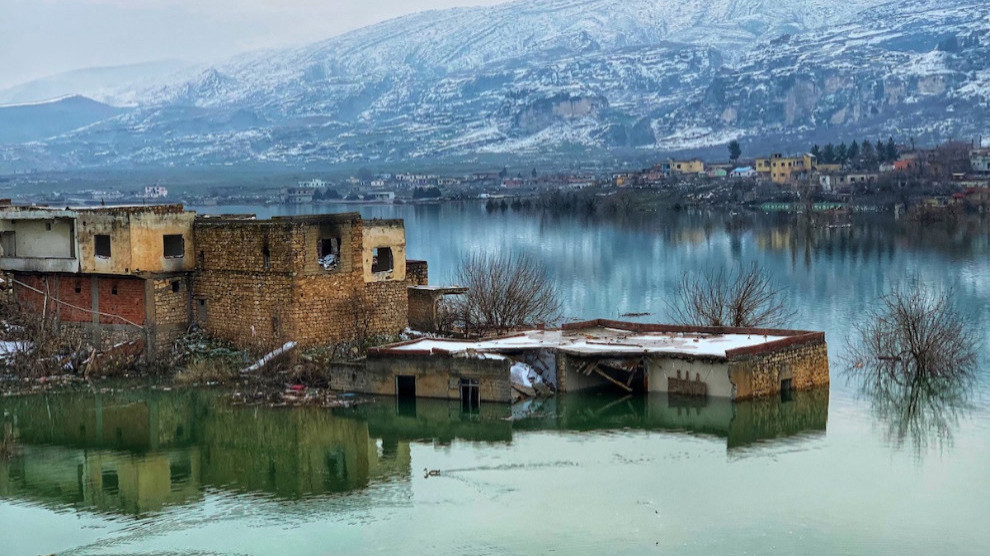Despite opposition from civil society, local residents and environmentalists the Turkish governments Ilisu dam project and its flooding of the 12,000 year old town of Hasankeyf have continued unabated.
As predicted by many, the devastating impacts of the flooding have greatly affected the area both on an ecological and human level. At least 80,000 people have been displaced by the flooding most receiving little to no compensation. The many settlements affected to flooding were also world heritage sites, representing some of the oldest still-inhabited settlements in the world.
The authoritarian Turkish state’s disregard for peoples’ homes and heritage is sadly unsurprising. Most of the residents were Kurdish and the Turkish state’s policies of repressing Kurdish cultural and political self-expression may explain the callousness of these actions.
Enviromentalists have also opposed the flooding citing it impacts on the diverse local ecosystems that will be wiped out by the flood-waters. More recently, the flooding has caused a great build up of stagnant water. Directly opposite the new settlement “New-Hasankeyf” there is a large waste dump. Wind and backwater drive refuse from the valleys and gorges into the lake. Due to eutrophication, the oxygen level of the reservoir have begun to drop rapidly. Such pollution will have negative impacts on the environment and residents’ health.

The flooding is part of the construction of the new Ilisu dam. The dam has also faced criticism as it is seen as a further measure for controlling the flow of water in the region. Many have suggested that the dam will allow the Turkish state to limit the supply of water downriver in both Iraq and Syria. There have already been reports suggesting the negative effects of the project on Iraqi agriculture due to lower water levels in the river Tigris.

